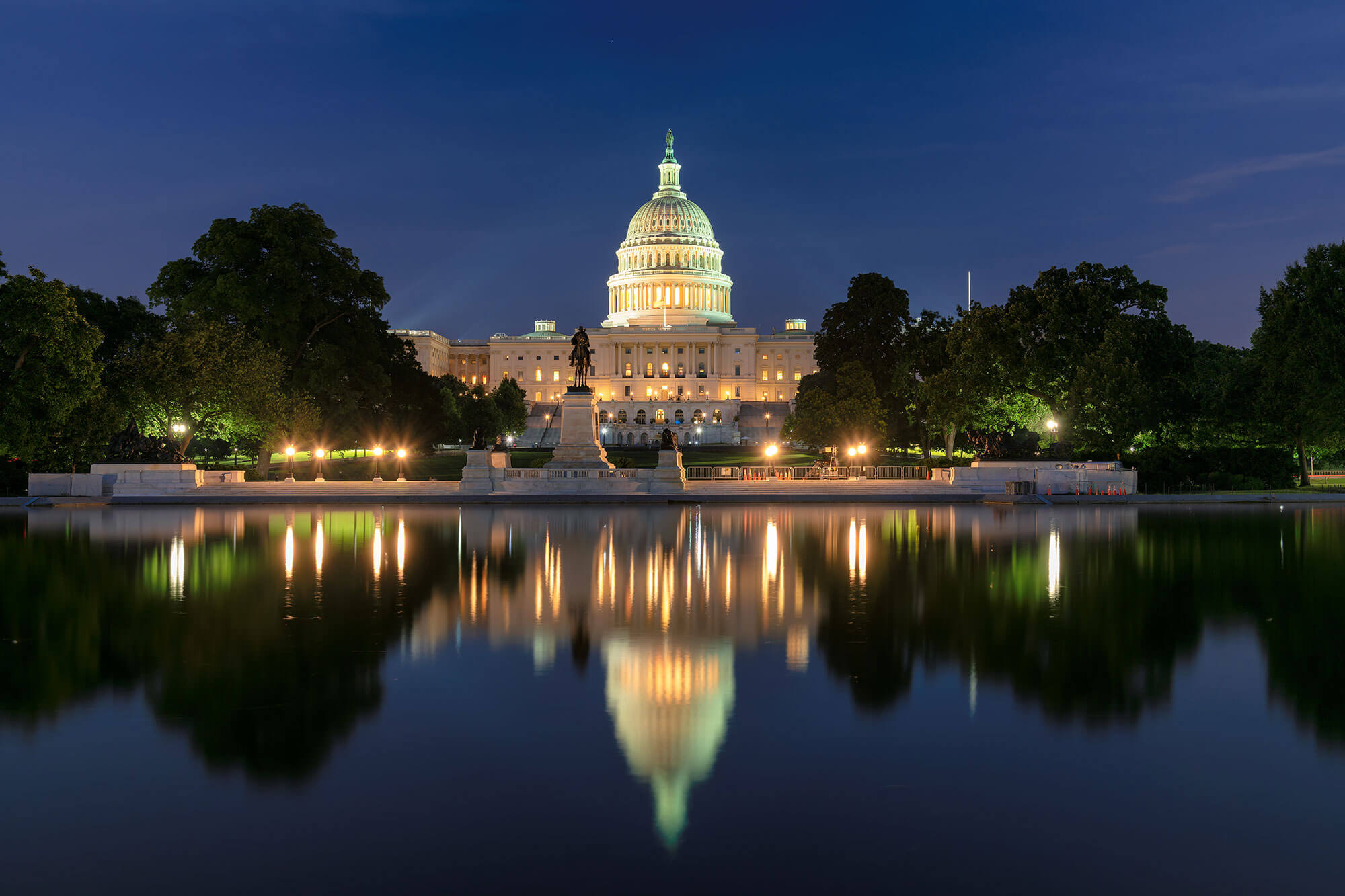Advertisement
The USA’s EB-5 Investor Visa programme, which has been criticised as posing a threat to national security and being open to abuse and fraud, has been replaced by the EB-5 Reform and Integrity Act. But questions remain as to whether it will achieve its objectives, and how it will affect potential international investors. Including South Africans, of course.
Some background on the EB-5 Investor Visa programme
The United States Congress established the EB-5 Investor Visa programme in 1990 in an effort to revitalise the American economy. This programme revolves around job creation and capital investment by foreign investors.
This programme was extended to include the EB-5 Regional Center Program, which prioritised targeted employment areas (TEAs). In the current format of the programme, green cards are issued to people who invest $1.8 million in government-approved projects that will directly ensure or retain permanent full-time jobs for at least ten Americans, but this amount is lowered to $900,000 in TEAs, which are high-unemployment or rural areas that are in dire need of development and job creation. Multiple EB-5 investors are allowed to pool their capital, which can raise a lot of money for project investments, and for which indirect jobs may be counted.
Advertisement
The United States Citizen and Immigration Services (USCIS) did a major overhaul of the programme at the end of November 2019. This was due to the programme’s being criticised for having defects and flaws leading to fraud and abuse, particularly with regard to the designation of the TEAs.
Also, it involves quite an arduous application process and lengthy adjudication timeframes, making it less friendly for investors. Furthermore, there were concerns in recent years related to national security.
The EB-5 Investor Visa programme, together with the EB-5 Regional Center Program, is run by the USCIS, which is part of the Department of Homeland Security.
The new EB-5 Reform and Integrity Act
In the middle of March 2021, the new EB-5 Reform and Integrity Act of 2021 was introduced by senators Chuck Grassley (Republican) and Patrick Leahy (Democrat). It addresses, in a nutshell, all the above-mentioned concerns by providing important national security reforms as well as additional transparency and integrity measures to improve the accountability of applicants, regional centres, and their economic development projects. This bill will furthermore reauthorise the EB-5 Regional Center Program for another five years – through to 2026. This is important in light of the looming deadline of 30 June as the potential retirement date of the programme.
A summary of the new EB-5 Reform and Integrity Act of 2021 can be found here.
How will the new EB-5 Act affect South Africans?
Things changed significantly for potential South African investors in 2019 when the new regulations nearly doubled the minimum investment amount requirements. That meant that many prospective South African investors were no longer eligible EB-5 applicants. However, for those who still are, the anticipation is that this new legislation, if enacted, will not cause any more drastic changes. Still, investors will need to make efforts to comply with the new integrity measures, ensuring that their capital is legally sourced, and that their affairs are above board.
According to Jennifer Sherer, senior vice president of FirstPathway Partners in Wisconsin, most of the new provisions clarify requirements that already exist. ‘It adds controls that we and other regional centre fund managers already have in place,’ she said.
The proposed amendments might also mean that the processing time for petitions will be sped up. Typically, the waiting period for I-526 petitions – the kick-off point for investors on the EB-5 journey – is about two years. South Africans are usually advised to plan on three years of preparation before leaving for the USA. The new bill, however, includes a provision that would require I-526 petitions to be processed within 240 days. And as South Africa is a relatively low-demand area, this might mean even shorter waiting periods.
Also, according to new provisions, investors who have already filed or approved petitions will be adjudicated for programme eligibility under existing law.
So, all in all, it seems the new EB-5 reform bill won’t rock the boat too much for South Africans looking to take their lives and money to the USA and might, in fact, benefit their endeavours.



